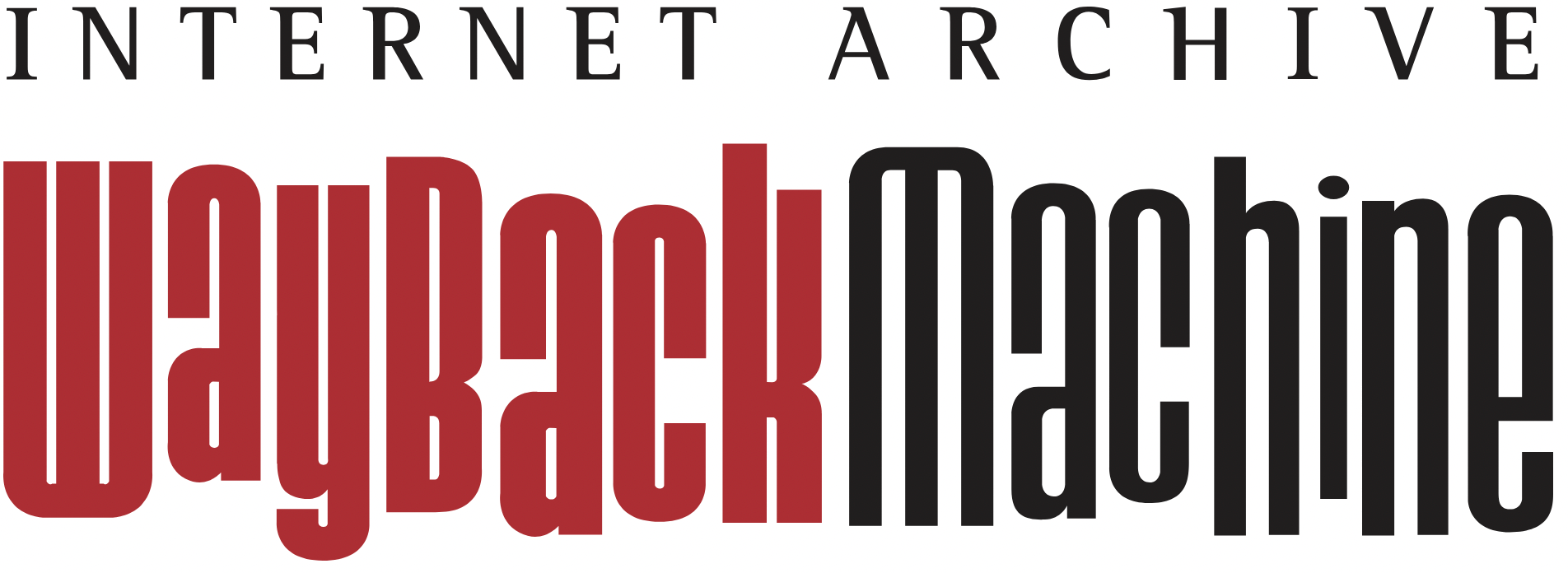— By Michael J. Oghia
A future where phenomena affecting digital systems including link rot, digital decay, and fickle technological changes, as well as more insidious attacks on archives via new regulatory and legal developments — such as the malicious use of Right to be Forgotten (RTBF) policy and jurisprudence — threatens to undermine the entire network of knowledge upon which 21st century society is built.
The future is mired in uncertainty. While this may be self-evident, the advent of the internet has instilled a false sense of modern complacency about the security of the past. To examine this more closely, look no further than modern libraries. The library, at its essence, is the original internet: a space for communities to gather and create, share, discuss, and store information. But our modern knowledge center faces challenges that the Greeks, the Enlightenment thinkers, and even our traditional research universities have never had to countenance — new threats to the very foundation of information management and the preservation of knowledge.
Theoretically, we should be able to benefit from the intellectual progress of our forebears — but progress is cumulative, not linear. Standing on the shoulders of giants requires the proverbial ladder to reach them — to access their ideas, insight and historical context, as well as to retrace the complex set of circumstances that led to not just what they discovered, but how. To challenge them, understand them, iterate upon them, and prevent them from diminishing. This is the underlying principle that has made access to information a sacrosanct precondition for progress, transforming libraries into modern temples..
As a digital policy researcher working to strengthen media organizations around the world and a long-time Tangle reader, I care deeply about access to information. That, along with freedom of the press, are two values that underscore the entire mission of Tangle, and I suspect that anyone reading this shares them as well. I’m also someone who dreams of going back in time to visit the Library of Alexandria to discover what treasures were stored there before it burned. We now inhabit an information ecosystem that offers competing visions for the reality we experience, challenges the history we have been taught, and bombards us with content that is as overwhelming as it is ephemeral.
What you may not realize, however, is that the internet, the Library of Alexandria of today, is slowly smoldering. It is, in fact, facing an existential threat, an insidious corrosion eating away at an important repository at its heart: the digital archive.
